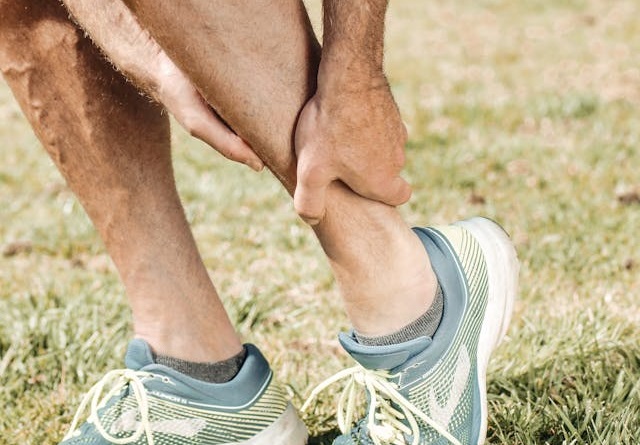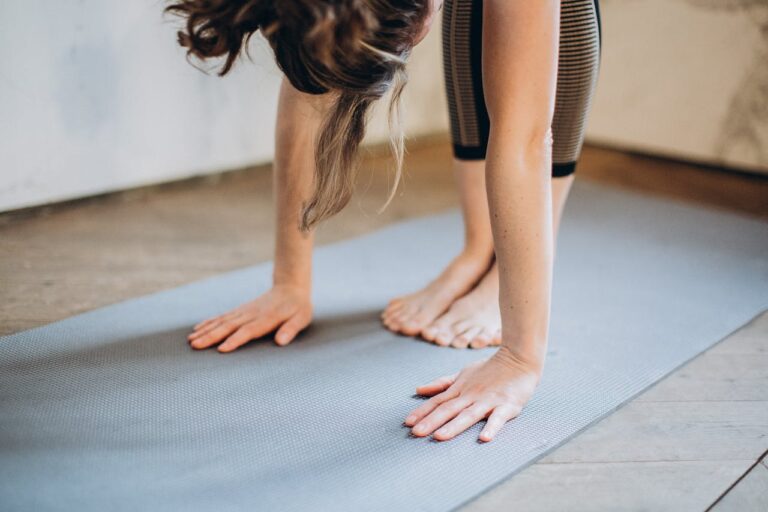
The Achilles tendon is the largest tendon in the body, connecting the calf muscles to the heel bone. It plays an essential role in walking, running, and jumping. Injuries to this tendon can disrupt daily activities and athletic performance, leaving individuals in pain and searching for relief. Here are the causes, symptoms, and possible treatments for Achilles injuries problems:
Causes of Achilles Injuries
Achilles injuries result from various factors, often stemming from repetitive movements or circumstances that place excessive strain on the tendon. Here are some of the most common causes:
Repetitive Stress
Repetitive physical stress is a leading cause of Achilles injuries. This type of stress is particularly common among athletes and physically active individuals. Activities that involve repetitive jumping, running, or standing on tiptoes put constant pressure on the tendon, increasing the likelihood of injuries.
Being Overweight
Being overweight is one cause. Excess weight strains the Achilles tendon, especially during weight-bearing activities like walking or climbing stairs. Over time, the extra pressure can weaken the tendon, making it more susceptible to injury.
Arthritis
Arthritis, including rheumatoid arthritis or other inflammatory joint conditions, may affect the Achilles tendon. It affects the tendon by causing pain, stiffness, and degeneration. Chronic arthritis can gradually weaken the tendon, potentially leading to injury.
Flat Feet
Having flat feet, or low arches, can change your body’s natural alignment, increasing tension on the Achilles. This increased tension may overwork the tendon, leading to inflammation and discomfort. Without proper footwear or orthotics, flat feet often aggravate the risk of repetitive stress injuries.
Symptoms of Achilles Injuries
Recognizing the symptoms of an Achilles injury can help individuals seek timely treatment and avoid worsening the condition. Symptoms typically range from mild discomfort to more severe limitations in mobility:
Difficulty Walking
Pain in the back of your ankle or heel may make walking challenging. Sometimes, individuals may notice a decrease in strength or flexibility, leading to a noticeable limp when walking. These issues can be more apparent when climbing stairs or stepping on your toes.
Inflammation and Stiffness
Swelling and stiffness in the Achilles tendon, especially in the morning or after periods of rest, are common indicators of an injury. The affected area may feel warm or tender when touched. The stiffness may loosen slightly with gentle movements but may persist with activity.
Treatment Options
Options for treating Achilles injuries vary depending on the severity of the condition and an individual’s unique circumstances. Below are some standard treatment approaches:
Tendon Repair Surgery
For severe injuries, such as a complete rupture of the Achilles tendon, surgical intervention may be a suitable option. During tendon repair surgery, the torn ends of the tendon are stitched together, which can help restore function. Recovery from this procedure typically requires physical therapy to regain strength and mobility.
Walking Boot or Crutch Support
For less severe injuries or post-surgery recovery, immobilization using a walking boot or crutches may be recommended. These tools help reduce weight-bearing stress on the affected leg. Doing so allows the tendon to heal properly.
Pain Medication
To help manage discomfort and inflammation, healthcare providers may suggest over-the-counter pain relievers. These medications might offer temporary relief while other treatment strategies. It should be combined with rest or physical therapy to, promote overall recovery.
Also Read: Surgical and Nonsurgical Treatment Options for Shoulder Injuries
Seek a Foot and Ankle Specialist for Achilles Injury
Achilles injuries may arise from various causes, such as repetitive stress, excess weight, arthritis, or biomechanical issues like flat feet. Symptoms, including walking difficulties, tendonitis, and stiffness, can affect daily life. If you’re experiencing symptoms associated with an Achilles injury, consulting a medical professional can help inform your next steps toward recovery and restoring mobility.








